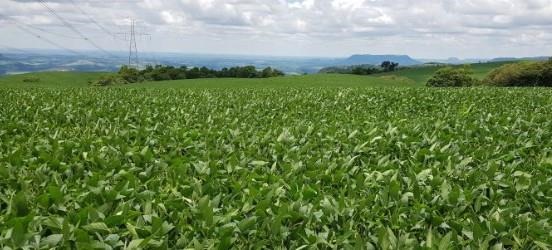By Sue Nichols
A new study in Scientific Reports shows that despite Brazil’s efforts in to limit the environmental impacts farming soybeans can bring, deforestation and soybean farming remain firmly linked, often in subtle ways.

Growing and trading soybeans, a burgeoning global commodity for both human food and animal feed, has enormous environmental impacts. Some of that impact is obvious if critical forests are mowed down to grow soybeans. Some impacts are more hidden and demand a holistic method to tease out what is gained, and lost, in this massive undertaking to feed the world.